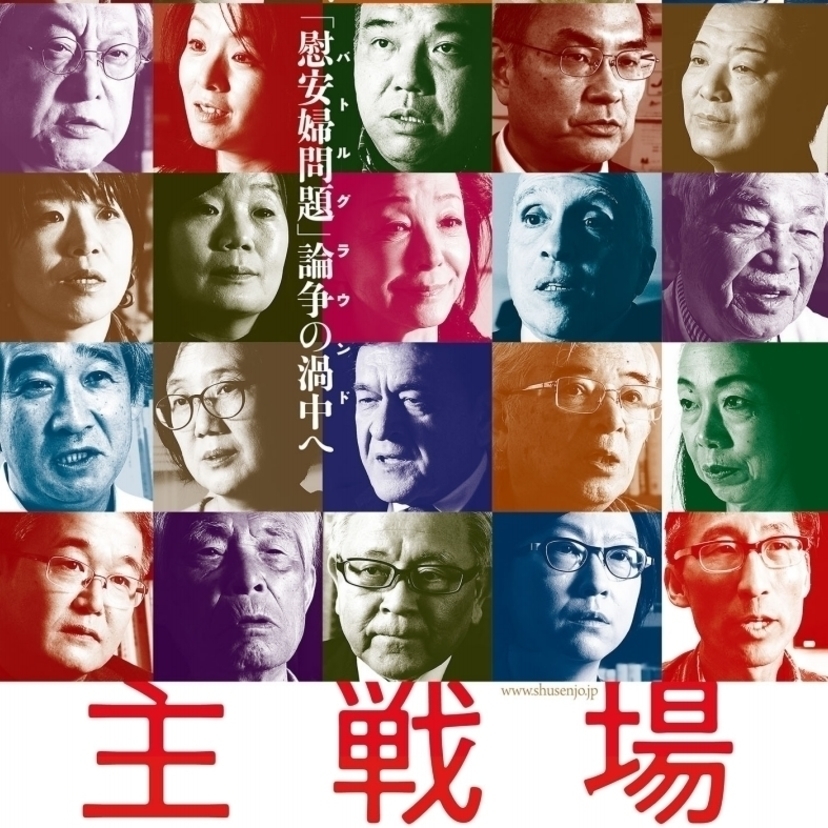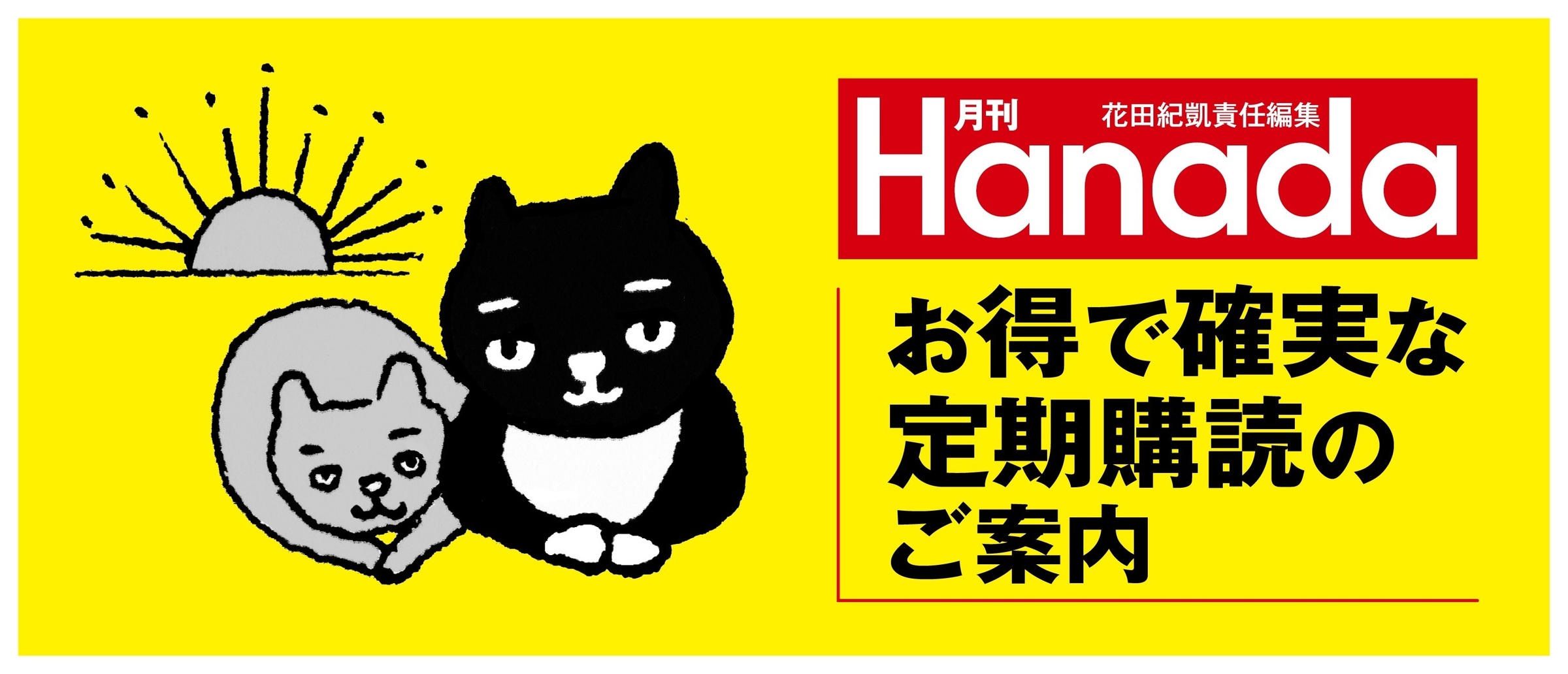If so, Dezaki was wrong. His Japanese American background had nothing to do with why he was welcomed by the conservatives he sought to interview.
The truth is, all of them believed Dezaki when he told them he had found many contradictions in the testimony of comfort women and that he doubted the theory that the comfort women were sex slaves. They thought he was an earnest graduate student who genuinely wanted to make a fair documentary film and welcomed his requests for interviews.
All of the conservative interview subjects, including Kent Gilbert, were astonished at the preview of the film. It went entirely against their expectations. It was then that they realized Dezaki had taken advantage of their kindness.
Why did they believe Dezaki's words? It was because he was a Sofia University graduate student and had nothing to do with his nationality. They thought it right to help an earnest student. But they were deceived.
Unfounded Stories
Yoshiko Sakurai was probably the greatest victim of the film. She accepted Dezaki's request for an interview because of Kent Gilbert's introduction. In return, she was horribly mistreated.
A woman named Hisae Kennedy appeared abruptly in the film. At one time she advocated that comfort women were not sex slaves. But she changed her views in the film, saying without explanation, "I regret paying $60,000 to an American journalist without thinking it through."
Then the interview jumped to Yoshiko Sakurai who was asked, "I heard you also had something to do with the [American] journalist. Is that right?"
Sakurai's face clouded over and she answered briefly, saying "I don't want to touch on the matter. It's complicated."
Dezaki maliciously pulled this scene out of context and used it in the film's trailer, depicting Sakurai's discomfort as though she was guilty of something.
However, Sakurai's reservations had nothing to do with guilt. Rather, she did not want to expose Hisae Kennedy's finances, personal relationships and private matters. She was discreet, despite Kennedy’s sudden disappearance, which had been a bitter experience for people such as Sakurai who once helped her.
Yoshiko Sakurai had been asked for advice by Kennedy. Accordingly it is quite natural that she thought it best to avoid comment on the circumstances.
Although the film included very few comments from Sakurai, she was introduced again in the latter half. There she was portrayed as an alleged key speaker for the Japan Conference and leader of their campaign to "revive the constitution of the Empire of Japan and return the country to an era of militarism."
The allegation was patently false, and the Japan Conference has already issued a public statement protesting Dezaki's work, saying, "This film is a groundless delusion."
The unveiling of these falsehoods exposed The Main Battleground of the Comfort Women Issue as a propaganda ploy spreading fabrications. It was not the fair documentary film Dezaki had promised.



